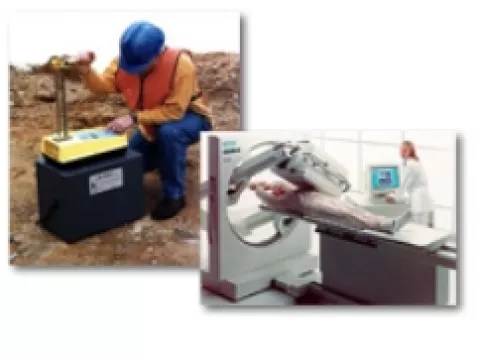Public Involvement in the Fuel Cycle Program
The U.S. Nuclear Regulatory Commission (NRC) considers public involvement in fuel cycle activities to be a cornerstone of strong, fair regulation of these facilities. The public is invited to comment on fuel cycle activities in addition to observing or participating in certain meetings. See our Public Involvement pages for more information.
On this page:
- Cumulative Effects in Regulation
- Facilities being Licensed or Constructed
- Operational Facilities
- Fuel Facility Stakeholders Meetings
- Building a Smarter Fuel Cycle Licensing and Oversight Programs
Cumulative Effects in Regulation
Cumulative Effects of Regulation (CER) is a continuing effort by the NRC and interested stakeholders—including the public—to improve efficiency and effectiveness in the development of regulations and guidance. A description of the activities, an integrated schedule of major regulatory activities for the fuel cycle facilities, and opportunities for public involvement are described.
Public involvement is welcome for the Cyber Security Rulemaking effort.
Facilities being Licensed or Constructed
See Public Involvement in:
Operational Facilities
An Index of Fuel Cycle Facilities provides site webpages with information on the public meetings and press releases for each site.
Fuel Facility Stakeholders Meetings
The NRC hosts Fuel Facility Stakeholders Meetings to discuss regulatory activities related to fuel cycle facilities. There is no fee for the conference and the public is invited to attend.
Building a Smarter Fuel Cycle Licensing and Oversight Programs
The staff initiated two separate working groups to conduct a holistic assessment of fuel cycle licensing and inspection programs. These are new initiatives in which the purpose is to identify improvements for the fuel cycle facilities licensing and inspection programs with the intent to increase effectiveness and efficiency in the licensing and inspection programs. For more information about the working groups’ efforts, see Building a Smarter Fuel Cycle Licensing and Oversight Programs.
Page Last Reviewed/Updated Tuesday, December 31, 2024
Page Last Reviewed/Updated Tuesday, December 31, 2024


